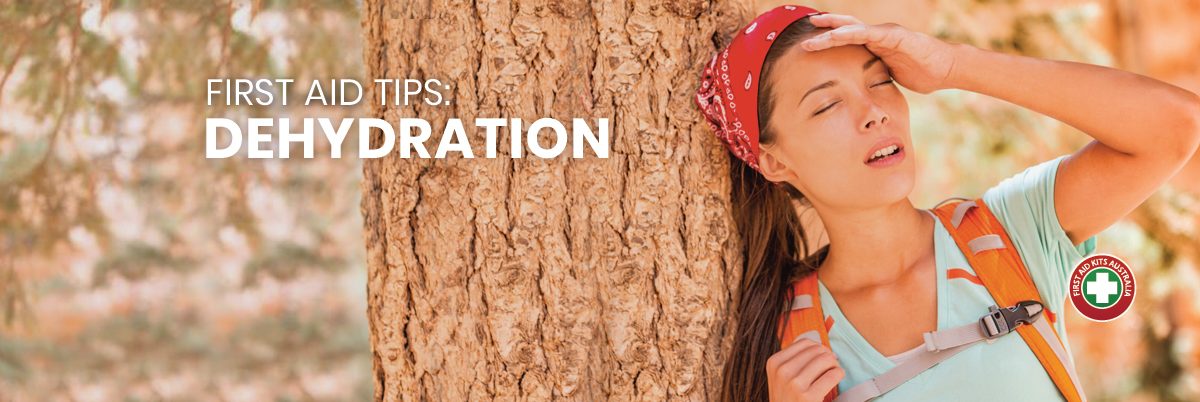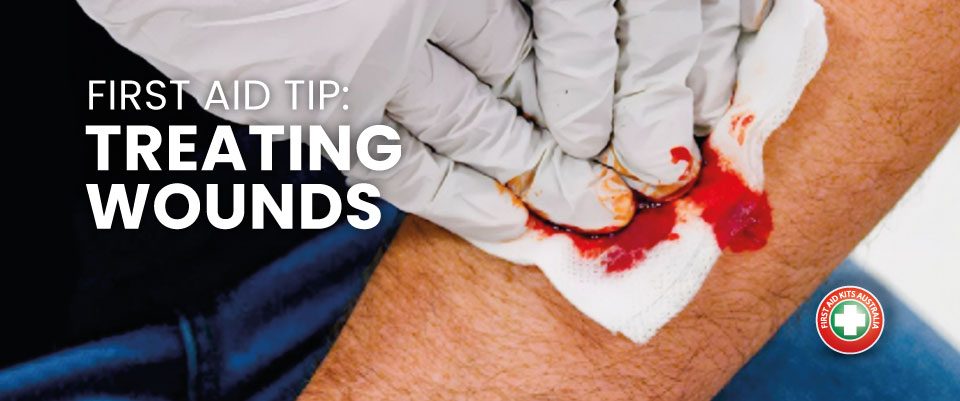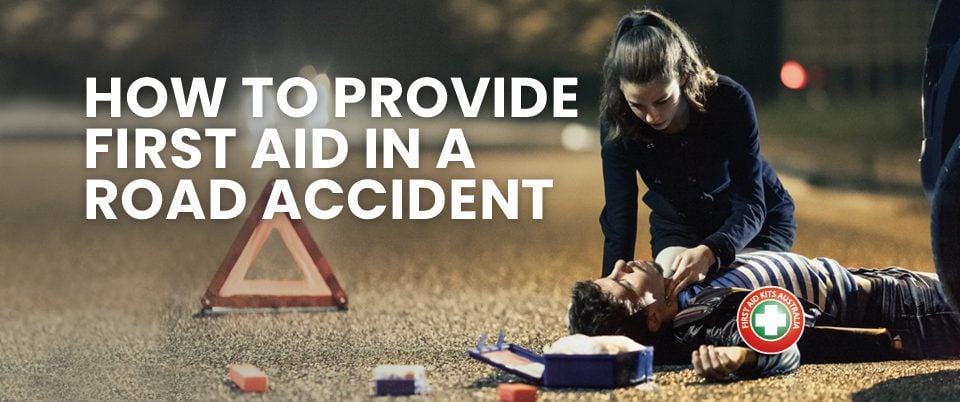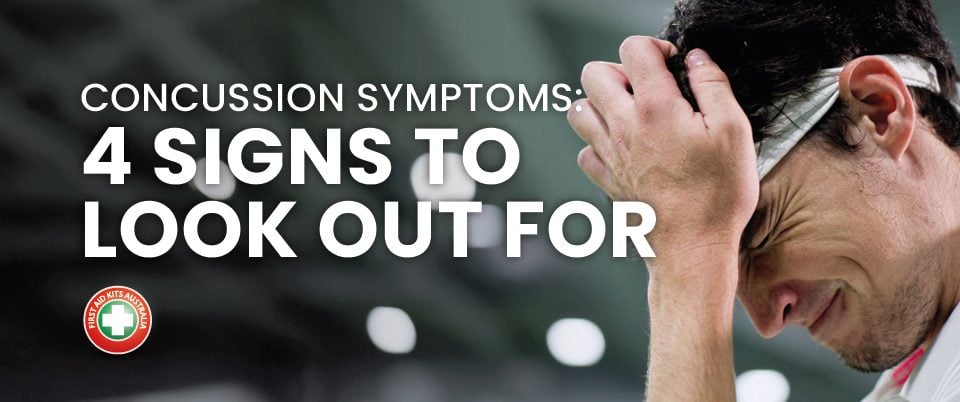
First Aid Tip: Treat Burns and Scalds
26 October 2021
Christmas Sale
24 December 2021Dehydration:
Dehydration occurs when you do not have enough fluids in your body. If severe, dehydration can cause serious problems. When dehydrated you lose electrolytes, such as salt and potassium, which help your body breathe, move, talk, and do all the other things it needs to stay up and running. Without enough fluids, your body cannot function properly.
The weather is getting hotter and we are playing outside for longer, so it is important to always be aware of our hydration and other emergencies such as fatigue or injuries. Access important first aid help anywhere, anytime with the First Aid Kits Australia App.
Signs and symptoms:
There can be mild, moderate, or severe dehydration:
Mild to Moderate Dehydration:
Thirsty
Have dry skin, mouth, lips and tongue
Have a headache
Have dark urine, and not so much of it
Dizziness or light-headed, particularly when standing up
Muscle cramps
Severe Dehydration:
Extremely thirsty
Very dry mouth
Breathing fast
Fast heart rate and low blood pressure
A fever
Little or no urine
Irritable, drowsy or confused
Causes:
People can get dehydrated:
after strenuous exercise, especially in hot weather
after severe vomiting or diarrhoea
with a fever
after drinking too much alcohol
while taking certain medicines such as diuretics
as a complication of diabetes
if they don’t drink enough water
Anyone may become dehydrated. However, babies, young children, older adults and people with long-term illnesses are at most risk.
Dehydration in Children
Dehydration in children is usually caused by vomiting, diarrhoea, or both. It can also happen when children do not want to drink because they have mouth sores or a sore throat. Kids can get dehydrated in hot weather or when they are very active, so stay vigilant this summer.
Treatment:
If you are mildly dehydrated:
The best thing you can do is to drink more water. We suggest getting into the habit of drinking small amounts of water regularly throughout the day. You can also drink oral rehydration solutions purchased from your pharmacy. Avoid alcohol and caffeine, as they can make you more dehydrated.
The aim is to rehydrate and replace lost electrolytes in your body. Adding a sports drink or electrolyte solution is advisable after intense physical activity, diarrhoea, or vomiting, to replace electrolytes.
If you are severely dehydrated:
Medical care should be sought. To rehydrate the body in severe cases, the doctor may need to administer fluid intravenously (IV).
Prevention:
Preventing dehydration is as easy as having plenty of fluids and foods high in water content, such as fruits and vegetables. In our Aussie heat, especially when we are working or distracted by the beach, it can be easy to forget to stop for a drink or a rest out of the sun.
So, in hot weather, dress cool and try to avoid being out in direct heat for an extended period. Even if you’re not being physically active, drink the recommended amount of fluids (a good rule of thumb is 2L, or 8 to 10 cups, a day).
If you plan to exercise or play sports, drink water beforehand. Replace your fluids at regular intervals during the workout and drink water or electrolyte solutions afterwards.
Increase your fluid intake when you are ill, especially if you’ve been vomiting or had diarrhoea. Seek medical attention if you cannot keep down liquids.
For first aid and emergency management tips in the palm of your hand, download the free First Aid Kits Australia App today.





